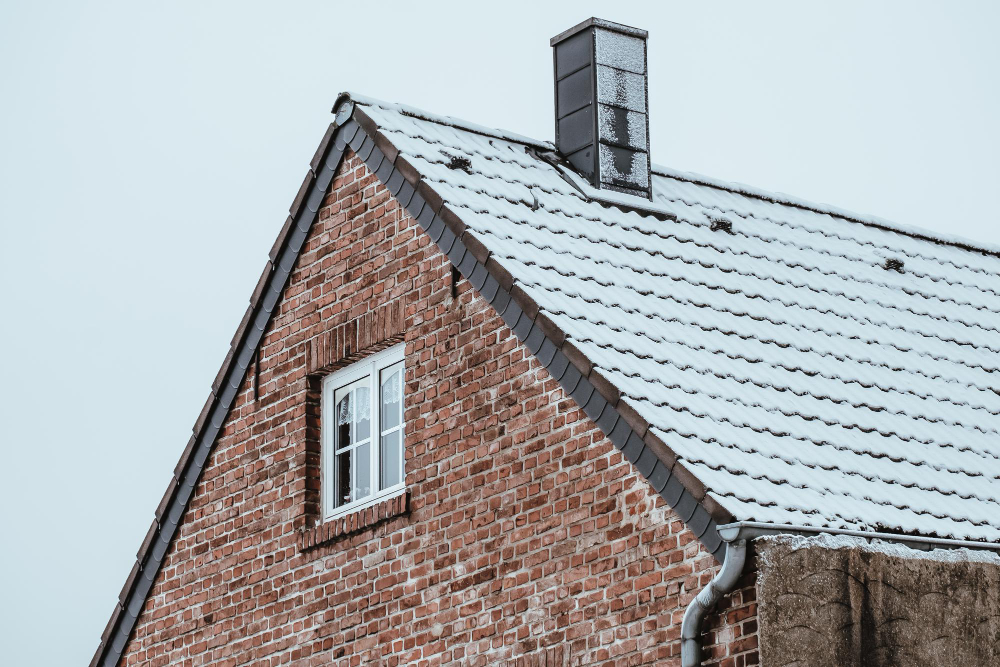 (888) 979-7969
(888) 979-7969
 (888) 979-7969
(888) 979-7969

Your home is one of your biggest investments and oftentimes, it's also your pride and joy. So when it comes to unexpected damages to your home, such as a roof leak, it is important to know what your insurance policy covers. Unfortunately, not all insurance policies are created equal, so it's important to review your coverage and understand what your insurance covers before a problem arises. In this blog post, we’ll explore the common factors that determine whether your insurance will cover a roof leak.
Insurance companies typically cover roof leaks that are caused by storms, natural disasters or other events that are beyond your control. However, if your leak is caused by wear and tear, age, or a lack of proper maintenance, then your policy will not cover the damage. It's important to note that most insurance policies have a provision that excludes damage caused by lack of maintenance, so make sure to keep up on your roof maintenance to avoid any issues.
In addition, insurance policies differ in relation to the type of damage and the type of policy. A standard homeowner's policy typically covers damages to the home and personal property, but if you have a named-peril policy, it only covers specific kinds of damage outlined in the policy. If you have an all-risk policy, then it covers all types of damages, but you will generally pay more for this type of policy.
The amount you'll receive from your insurance policy for a roof leak depends on the extent of the damage and your policy's coverage limit. If your insurance company deems that the roof leak is due to a covered peril, like a storm or tree falling, they will pay for repairs or replacements up to the limits of your policy. However, be aware that there is often a deductible involved that you'll have to pay out-of-pocket before your insurance kicks in.
Finally, keep in mind that insurance policies vary by state and by company. It's essential to review your policy and ask questions to ensure that you understand what is covered and what is not. If you have any doubts, get in touch with a licensed insurance agent who can help you understand your policy better.
In conclusion, it's vital to understand what your insurance policy covers when it comes to roof leaks. Coverage is not always cut and dry, so take the time to review your policy and ask questions to ensure you understand your coverage. Although maintenance and wear and tear are typically not covered, if a disaster strikes and damages your roof, then you can rest assured that you're protected. Remember to keep up on your roof maintenance to avoid any potential issues. If you do experience a roof leak, get in touch with a licensed insurance agent and find out what your next steps should be. If you're looking for an insurance loss adjuster in Orlando, FL, contact Ultra Property Damage today for a free consultation.